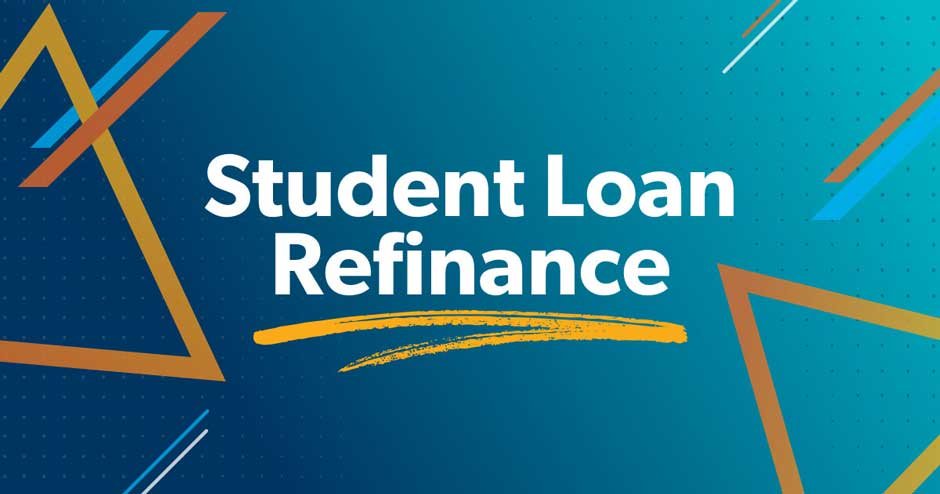Student loan refinancing can be a great way to lower your monthly payments and save money in the long run. However, there are some factors you should consider before taking this route. Is refinancing right for you?
What is Student Loan Refinancing?
Student loan refinancing is a way to consolidate your student loans so that they are all under one new loan with a lower interest rate. Getting a better repayment plan and lower monthly payments is also possible.
If you have multiple student loans, consolidating them will simplify the payment process and give you more control over how much money you pay each month. If you want to pay off all your debt quickly, consolidation can help lower your required monthly payments by extending them over longer periods (like 15 or 20 years). But, there are some pros and cons of refinancing student loans.
How Does It Work?
Refinancing your student loans is the process of obtaining a new loan to replace an existing one. It allows you to lower your interest rate by refinancing your existing student loans with another private or federal lender.
This can be done through various methods, such as comparing website rates or calling up lenders directly (if you’re eligible for certain government programs). However, some lenders require that you have good credit in order to qualify for their loans; others will only work with graduates who are currently employed full-time and making at least $20k per year.
When Should You Refinance Student Loans?
A student loan refinance could be the right choice if you’re looking to lower your monthly payment. Student loan refinancing may be the right choice if you have a good credit score and want to reduce your interest rate.
Some borrowers consolidate their federal education loans into one repayment plan through student loan refinancing. In this case, you must understand what consolidation means for your finances before making any decisions about refinancing.
As SoFi experts say, “Refinancing is one of the ways with which you can change your repayment terms too.”
When Should You Not Refinance Student Loans?
So, what can you do if you’re not eligible for refinancing? Consider consolidating both federal and private loans into a new federal loan. Consolidation is when your existing loans are combined into one equal monthly payment. This may be the best option for you if your credit score needs to be stronger to qualify for a refinance or if it will take too long to save up the cash needed on a new vehicle.
The main drawback with consolidating is that it will extend your repayment period by up to 20 years–so be sure that this is something that works for you financially before considering it!
Student loan refinancing is a great way to lower your monthly payments and help pay down your debt faster than you could through an income-driven repayment plan. But it’s not for everyone. So before you decide whether or not student loan refi makes sense for you, consider the pros and cons of this type of financial aid solution.






